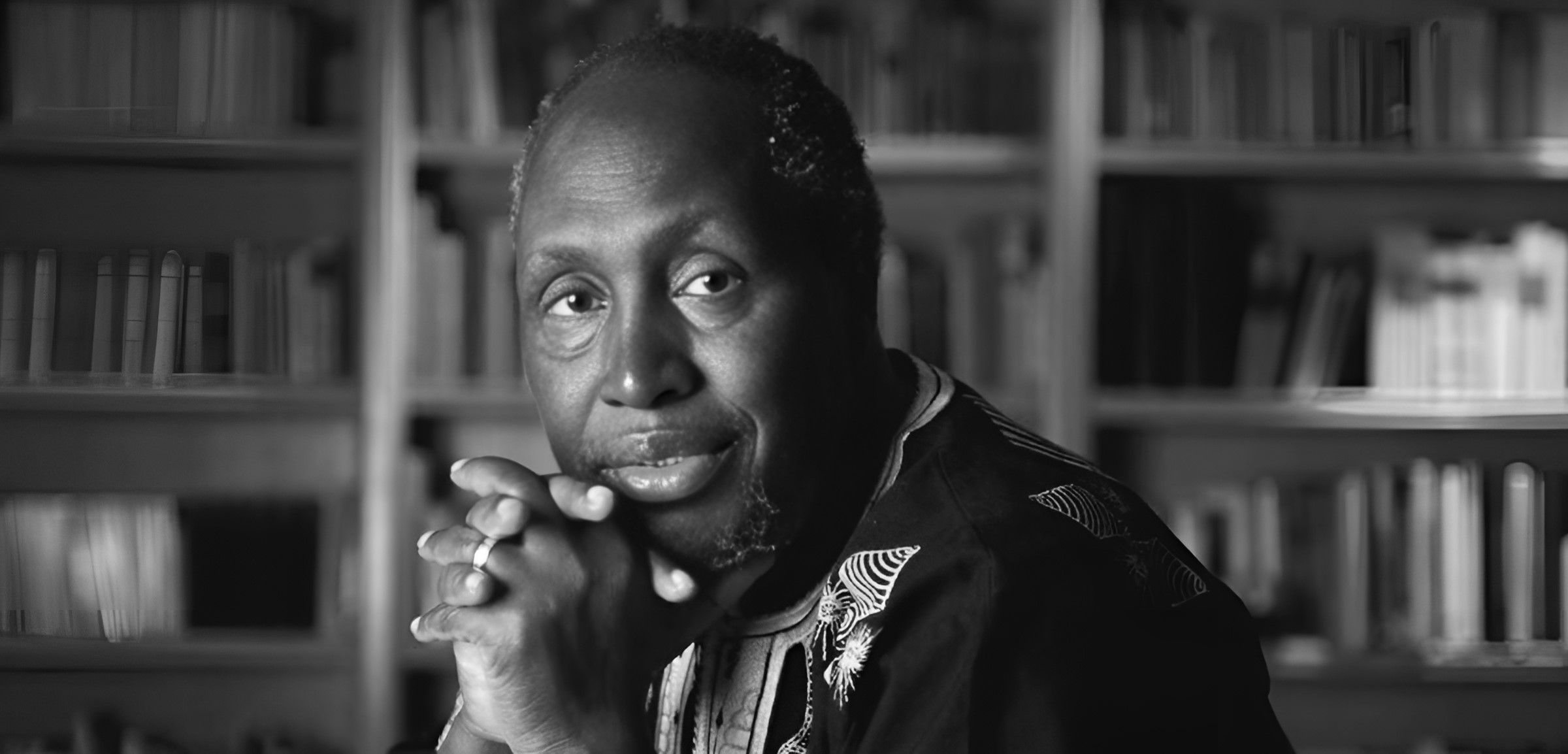Renowned Kenyan writer Ngugi wa Thiong'o is dead

"It is with a heavy heart that we announce the passing of our dad, Ngũgĩ Wa Thiong'o, this Wednesday morning, 28th May 2025," said his family.
Celebrated Kenyan author, scholar and revolutionary Ngũgĩ Wa Thiong’o has died at the age of 87 in Atlanta, USA.
His family announced his passing on the morning of Wednesday, 28th May 2025.
"It is with a heavy heart that we announce the passing of our dad, Ngũgĩ Wa Thiong'o, this Wednesday morning, 28th May 2025. He lived a full life, fought a good fight. As was his last wish, let's celebrate his life and his work. Rĩa ratha na rĩa thũa. Tũrĩ aira!” his daughter Wanjiku Wa Ngugi wrote on Facebook.
The Gikuyu phrase loosely translates to: “With joy and sorrow. We are proud.”
Wanjiku added that the family would announce plans for memorial services and public tributes in the coming days. “The family's spokesperson, Nducu Wa Ngugi, will announce details of his celebration of life soon,” she said.
Ngũgĩ was widely regarded as one of Africa’s most influential literary and intellectual voices. His novels, including A Grain of Wheat, Petals of Blood, and Devil on the Cross, earned him global acclaim and firmly placed him at the centre of African thought and activism.
Born in 1937 in Kamiriithu, Limuru, Ngũgĩ’s work was rooted in Kenya’s fight for independence and the challenges of nation-building. He was an outspoken critic of colonialism and its lasting effects, and used both his writing and activism to challenge systems of oppression.
In 1977, his play Ngaahika Ndeenda (I Will Marry When I Want), performed in Gikuyu, led to his arrest and detention without trial by the Moi regime. That moment marked a shift in his career as he decided to abandon English in favour of writing in Gikuyu, his mother tongue.
Forced into exile, Ngũgĩ spent decades abroad, teaching at top universities including Yale and the University of California, Irvine.
Even in exile, he remained deeply connected to Kenya, advocating for cultural freedom, justice, and the power of African languages in shaping identity.
Ngũgĩ’s legacy spans continents and generations. His life and work continue to inspire writers, thinkers, and activists across the globe.
